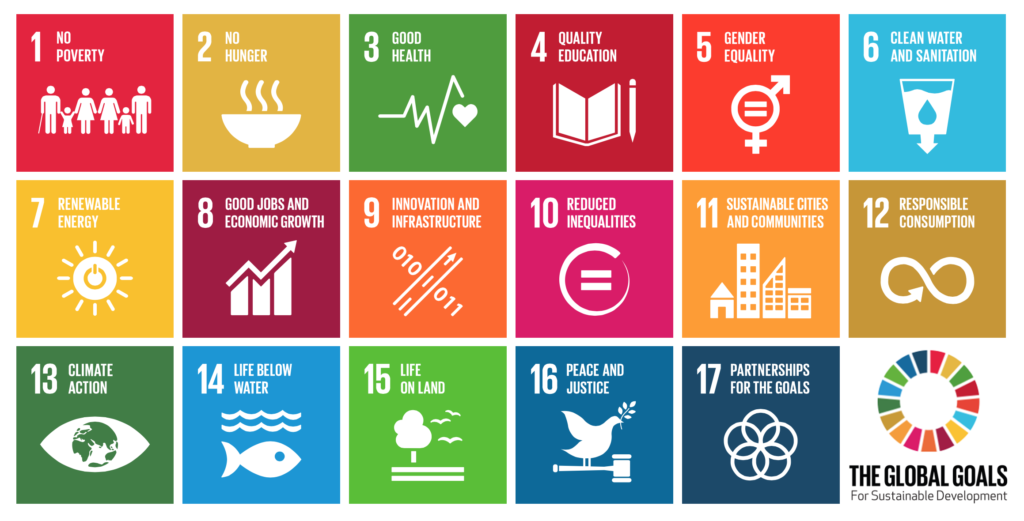Equity in Education – No learner left behind
Wednesday, November 24th, 2021
The 4th UN Sustainable Development Goal is to provide Quality Education. Specifically, to ensure inclusive and equitable quality education and promote lifelong learning opportunities for all.
So, what does equity in education mean? It has two facets: the first is fairness – ensuring that personal or social circumstances, for example gender, socio-economic status or ethnic origin, should not be an obstacle to achieving educational potential. The second is inclusion – ensuring a basic minimum standard of education for all, for example that everyone should be able to read, write and do simple arithmetic.
Where this equity is achieved, the net benefit to society is obviously huge. It leads to happier more fulfilled lives, better employment prospects, better health outcomes and less dependence on the State. It breaks cycles of disadvantage. And where there isn’t equity in education, the evidence shows this leads to failure in school and poorer life outcomes.
The COVID-19 pandemic created a massive disruption to education systems across the world affecting nearly 1.6 billion learners in more than 190 countries. It also highlighted and exacerbated the inequities in educational opportunities. Students who did not have the technology or connectivity were not able to access online schooling. Teachers who did not have digital skills found it harder to reach their students. Families who were experiencing illness, income loss and stress found it harder to support learners. So, learning losses were felt most in the more disadvantaged and marginalised sectors of our societies.
The question now must be how best to address this learning loss and mitigate its effects. The pandemic has also shown us new ways to deliver education, where our education systems need more resourcing and support and how education needs to be a collective societal responsibility. It has shown the real value of teachers and that schools are places where students develop social and emotional skills and well-being as well as learning.
The OECD suggests 5 principles for recovery towards effective and equitable education in its report Education At a Glance 2021. They are to:
- Provide targeted support to meet students learning and social and emotional needs.
- Co-design a robust digital learning infrastructure with teachers and stakeholders.
- Empower teachers to exercise their professionalism & benefit from professional learning opportunities.
- Encourage a collaborative culture of innovation
- Learn from national and international evidence.
If we address and resource these principles properly, this could be our chance to address pre-existing and new inequalities. Hopefully with advances in technology and learning the lessons of the pandemic we should be able to move towards greater equity in education making sure that no learner is left behind.
Equity in education benefits not just individuals but all of us together, helping us to realise strong economies and resilient societies. We cannot build a robust, sustainable recovery without it.
OECD report, Education At A Glance 2021
Article written by Fania Ellison, BITCI
For more information on how to get involved with our programmes, click here.

